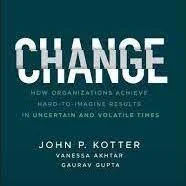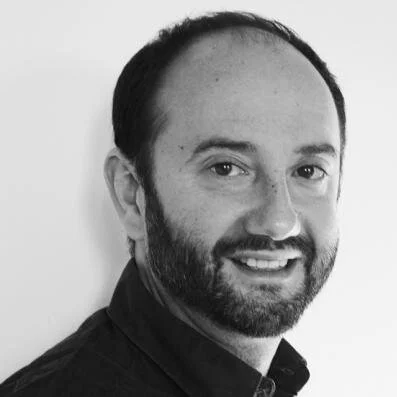(Highlights) JP OUELLETTE & DYLAN MATLOCK
/Producers of the Award-Winning Mass starring Reed Birney, Ann Dowd, Jason Isaacs & Martha Plimpton
“Usually we just see the soundbites and the news and then there's a new one or a new story, the politics that takes away from what these families are going. These people in these towns are just glossed over, looked over. And that's not the case in real life. They live with this trauma forever…What I hope the next generation takes us just to absorb everything from our generation and our parents’ generation. There are a lot of living generations right now. The longevity of people and the young families, it’s amazing. I had five generations of my family alive at one point in my life, and it was just the most amazing I've ever been a part of.” –JP Ouellette



















